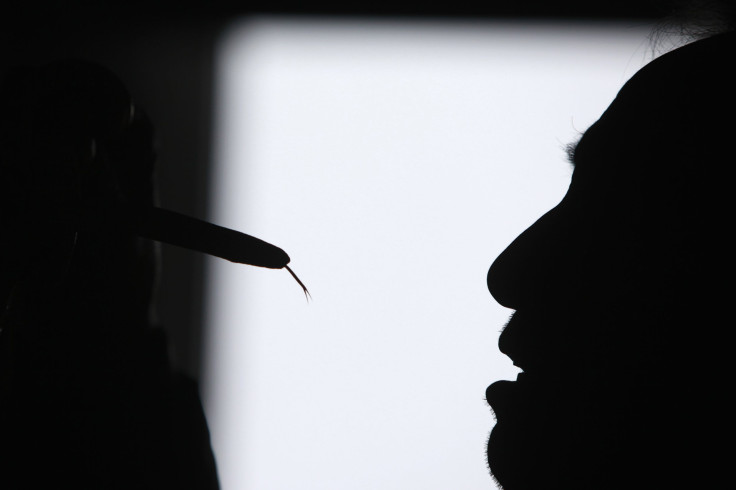Pakistan Zoo Kills 100 Snakes In ‘Magic Show’

Tourist attractions of all sorts employ various gimmicks to attract visitors, but the latest move by the Karachi zoo in Pakistan has more of a bite than usual. A magic show being held in the premises that began on July 5 includes a stunt called “The snake-eating man,” and it delivers exactly that. And about 100 snakes have already been “eaten” so far in front of large audiences, made up largely of children.
The attraction began on the first day of the four-day long Eid holiday in Pakistan that celebrates the end of the holy month of Ramadan. According to local newspaper Dawn, which reported the story Tuesday, “the snakes are killed by a performer who breaks their necks with his teeth before skinning them, and tasting their blood dripping from their mutilated bodies.”
The performer, a 31-year-old identified as Talib, is a snake hunter who believes him frequently killing large numbers of them in his shows has not hurt the overall population of snakes in the country. Which makes his following statement somewhat confusing, if also boastful: “I eat all kinds of snakes that include cobras and vipers but they are often not easily available.”
The ambiguity in his take on the availability of snakes is heightened by the fact that he admits to using frogs and lizards in his performances when he can’t get his hands (or teeth) on any snakes.
He told the newspaper that he is immune to snake venom and recounted how he developed a “taste” for snakes in his childhood.
“I was seven when a snake bit me and I reacted by punishing it the same way. Gradually, I developed a taste for snakes and, as I grew up, I thought of entertaining people with my act,” he said.
And replying to a question by the reporter, he also said: “I feel myself to be a bit more powerful than other men as I consume reptile blood.”
The zoo, usually considered a place that educates people about animal conservation and treating them with respect, defended the act even though it was a blatant example of cruelty to animals.
Zoo director Fahim Khan said: “The show is being held only for a few days and in no way damages the public image of the zoo.” He also argued that the zoo, which also has a “Reptile House” that opened in 1992, had to arrange shows of this sort for public entertainment.The zoo was also criticized a few years ago after a string of deaths of the critically endangered Arabian oryx.
Pakistan’s laws concerning wildlife, dating back to 1972, do not protect snakes, lizards or frogs, and do not mention the topic of cruelty to animals.
© Copyright IBTimes 2024. All rights reserved.





















